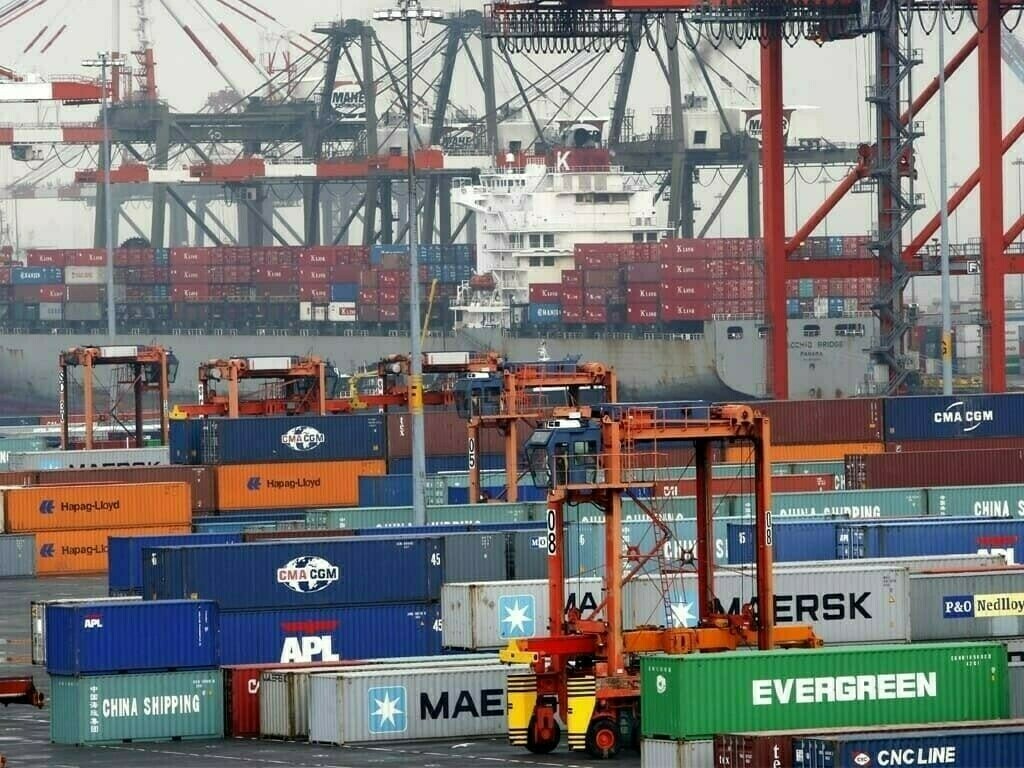Pakistan’s trade with Iran remains heavily imbalanced, with Pakistan exporting only ten items while importing hundreds from its neighbour. This glaring disparity was a major point of concern raised by the Quetta Chamber of Commerce and Industry (QCCI) during a joint session with the Senate Standing Committees on Finance and Commerce in Quetta.
The session was aimed at understanding the pressing challenges faced by local traders, particularly in the border regions of Balochistan, where trade routes to Iran and Afghanistan are essential lifelines for economic activity.
Chamber President Muhammad Ayub Mariani, along with Senior Vice President Haji Akhtar Kakar and Vice President Engineer Mir Wais Khan, highlighted the limited scope of Pakistan’s exports to Iran, stating that the country sends only 10 products, compared to the hundreds of goods imported from Iran.
The imbalance is further aggravated by logistical and bureaucratic issues, especially the mandatory requirement of the EIF (Electronic Import Form), which has led to Pakistani cargo trucks being detained in Iran for up to 15 to 20 days.
In addition, rising attestation and visa fees, along with the non-implementation of bilateral recommendations, have added layers of frustration for Pakistani exporters and traders.
The chamber members pointed out that the recommendations of both the Joint Economic Forum and Joint Border Trade Committee with Iran remain unimplemented. Despite dialogues with officials from Iran and Afghanistan, no tangible progress has been made.
To resolve this deadlock, they recommended involving senior representatives from the federal ministries of Commerce and Finance, along with the Prime Minister’s office, in future sessions to ensure actionable outcomes.
Trade through border markets, particularly those in Badini, Qamaruddin Karez, Chaman, and Taftan, remains largely inactive. The chamber demanded that critical infrastructure—such as cold storage facilities and LPG terminals—must be developed at these border posts to enhance trade volume.
They also expressed concerns over the inconsistent opening and closure of border points, which has destabilised trade and added to the uncertainty among business communities.
Senator Saleem Mandviwalla, Chairman of the Senate Standing Committee on Finance, acknowledged the gravity of the issues and admitted that complaints from Balochistan’s business community had been reaching Islamabad for months.
He assured the stakeholders that the provincial government had been taken into confidence and pledged to resolve some issues on the spot, while others would be referred to higher authorities.
“This is about ending the sense of deprivation in Balochistan,” said Mandviwalla. “If these issues remain unresolved, it will be the failure of the federation.”
He added that the committee plans to visit Chaman and Taftan in the near future to assess the situation firsthand.
Ali Reza Razaei, the Consul General of Iran in Quetta, expressed Iran’s willingness to work closely with Pakistan to resolve trade hurdles. He said Iran is open to conducting trade through land, sea, and air, but the lack of mutual cooperation has been disappointing.
He reassured the business community, saying, “The doors of the Iranian Consulate are always open for traders. We are not here to compete, but to cooperate.”
Mandviwalla clarified that borders are not closed, but anti-smuggling operations have been intensified. He cautioned that unrestricted trade could cause price hikes, especially in items like sugar and fuel.
He noted that Iranian petrol is entering Pakistan via a token system, but not through official fuel tankers.
Addressing the long-standing Iran-Pakistan pipeline project, Mandviwalla admitted that international sanctions on Iran pose significant obstacles. “We receive warnings of sanctions whenever we take steps forward. However, this is a civilian project and should proceed for the public’s welfare,” he said.
Senator Anusha Rahman, Chairperson of the Senate Standing Committee on Commerce, strongly advocated for free and balanced barter trade with Iran. She said that all stakeholder recommendations have been finalised and submitted.
“We need a separate SRO for barter trade with Iran, which will eliminate key hurdles,” she emphasized.
She directed the Trade Development Authority of Pakistan (TDAP) to allocate funding for border infrastructure, including cold storage and LPG terminals, and to assist the Chamber in developing online trade systems.
Rahman also confirmed that the Chaman border is scheduled to reopen in September, and the committee will take part in the inauguration.
The session was attended by several high-profile dignitaries and officials, including:
- Senator Manzoor Khan Kakar
- Senator Bilal Khan Mandokhail
- Senator Jan Muhammad Buledi
- Iran’s Consul General Ali Reza Razaei
- Additional Secretary of Commerce
- Chairman TDAP
- Chief Collector of Customs
With all stakeholders present and committed to improvement, the stage is set for serious policy reform—provided that the recommendations are implemented without bureaucratic delays.




